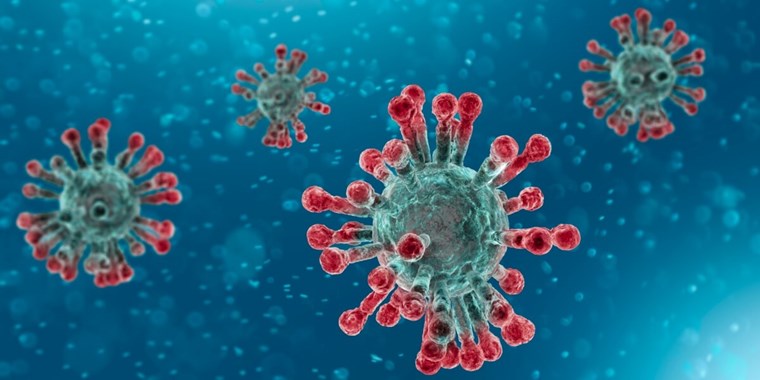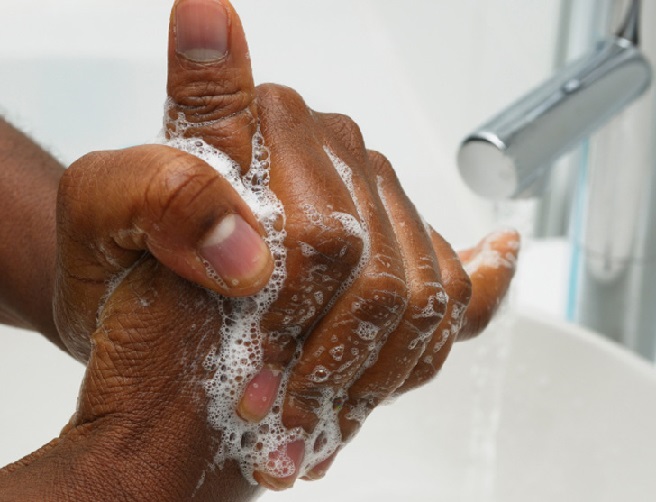
News, research, data and policy documents relating to the COVID-19 pandemic will be added to this sub-section of our NEWS area.
Click on the relevant drop-down below the NEWS tab on the MAIN MENU.
During the current COVID-19 global health crisis, people living with lung cancer, their families and friends, and health-care personnel will all have many questions. To help with these concerns, we have put together an initial list of resources.
Below is a link to various organisations and a visual summary of topics covered by each of them. Please consult the table for topics covered. Also note that as the COVID-19 global health crisis evolves, information provided by these organisations may change.
Link: https://www.lungambitionalliance.com/covid-19-pag-resources.html
The GLCC recognises that the pandemic is placing enormous pressure on healthcare resources worldwide.

We urge anyone living with lung cancer to follow all relevant directives issued by healthcare agencies in your region.
Carry out protective and preventive procedures carefully. Take care to regularly and thoroughly wash your hands using hot water and soap for at least 20 seconds. Avoid social contact as directed.
- You should wash your hands, including the backs, between your fingers and under your nails for at least 20 seconds.
- If you have been out, wash your hands when you get home or into work.
- If soap and water is not available, use hand sanitiser.
- Cough into your elbow or the crook of y,our arm
- Use a tissue to cover your nose and mouth when you cough or sneeze.
- Throw tissues away as soon as you can and wash your hands again.
- Avoid close contact with people who are unwell in general.
- Do not touch your eyes, nose or mouth if your hands are not clean.
Advice to cancer patients
If you have lung cancer and start to experience symptoms of coronavirus, stay at home and contact your clinical team directly.
You may be at a higher risk for more serious outcomes of COVID-19. Cancer is considered an underlying medical condition. Some cancer treatments, such as surgery, chemotherapy and radiation therapy, can weaken your immune system, making it harder to fight infections.
This is a fluid situation and circumstances and responses are changing rapidly; however, the GLCC will continue to function as normal for the foreseeable future.
For updates from individual member organisations, please visit their websites or social media pages.
A brief update from the World Health Organisation website:
The most common symptoms of COVID-19 are fever, tiredness, and dry cough. Some patients may have aches and pains, nasal congestion, runny nose, sore throat or diarrhoea. These symptoms are usually mild and begin gradually. Some people become infected but don’t develop any symptoms and don’t feel unwell. Most people (about 80%) recover from the disease without needing special treatment.
Around 1 out of every 6 people who gets COVID-19 becomes seriously ill and develops difficulty breathing.
Older people, and those with underlying medical problems like high blood pressure, heart problems or diabetes, are more likely to develop serious illness. People with fever, cough and difficulty breathing should seek medical attention.
People can catch COVID-19 from others who have the virus. The disease can spread from person to person through small droplets from the nose or mouth which are spread when a person with COVID-19 coughs or exhales. These droplets land on objects and surfaces around the person. Other people then catch COVID-19 by touching these objects or surfaces, then touching their eyes, nose or mouth.
People can also catch COVID-19 if they breathe in droplets from a person with COVID-19 who coughs out or exhales droplets. This is why it is important to stay more than 1 meter (3 feet) away from a person who is sick.
WHO is assessing ongoing research on the ways COVID-19 is spread and will continue to share updated findings.
You can read more on the WHO updates regarding COVID-19 here.


